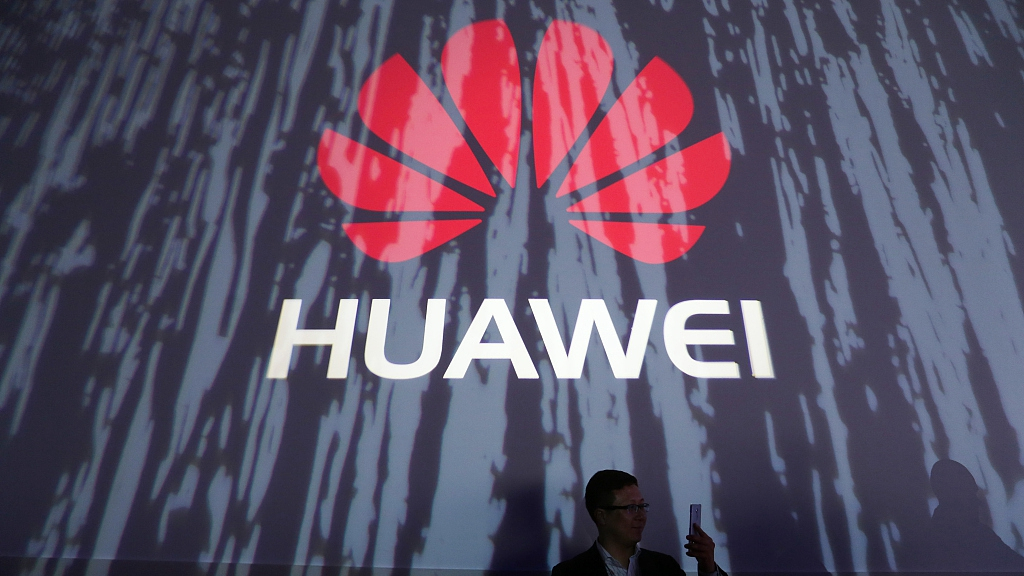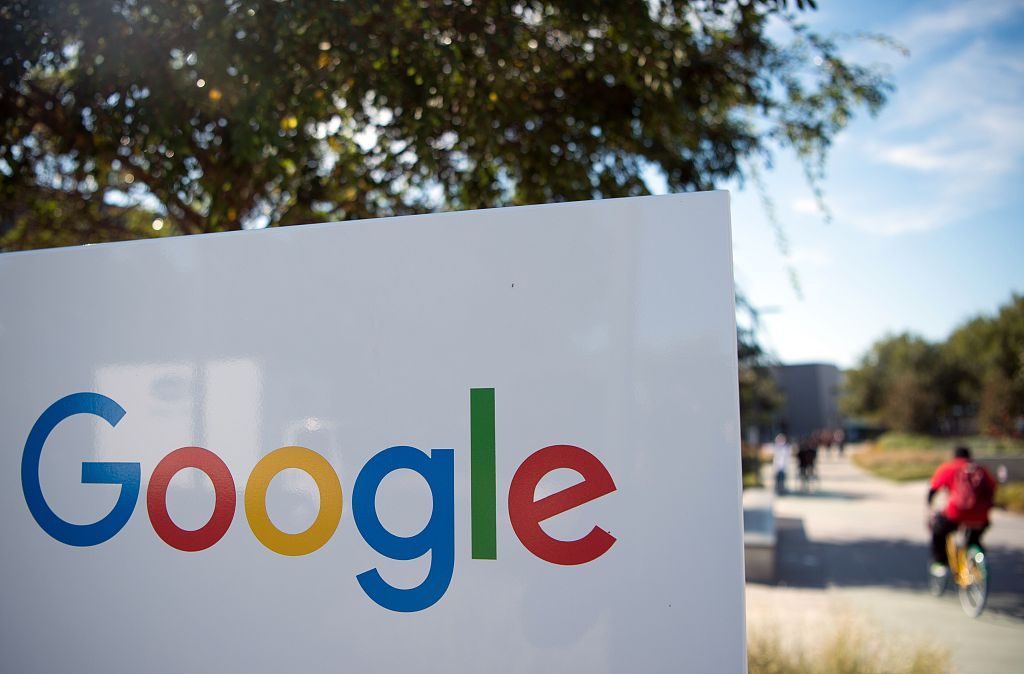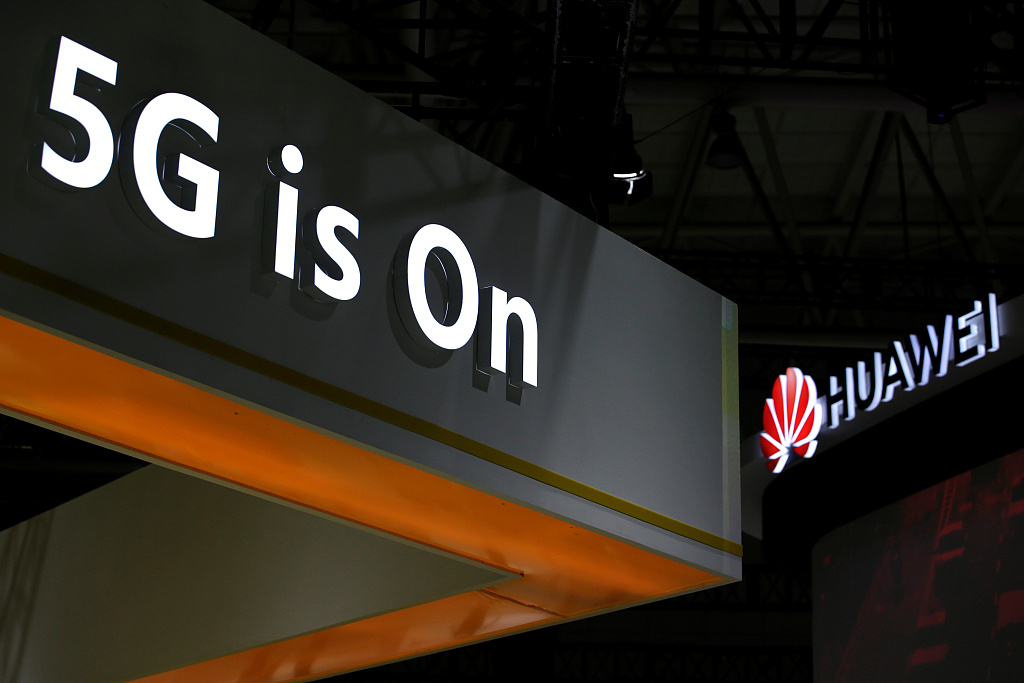
Opinion
21:13, 20-May-2019
Huawei case indicates U.S.'s tech hegemonism
Li Yunlong

Editor's note: The article is based on an interview with Mei Xinyu, a researcher at the International Trade and Economic Cooperation Institute of China's Ministry of Commerce. The article reflects the author's opinion, and not necessarily the views of CGTN.
A report from Reuters saying that Google has decided to halt business cooperation which needs the support of tech, software and hardware services with Huawei has swept the major media outlets and shocked the telecommunication field today.
Huawei has responded with an announcement that they will continue to provide security updates and after-sales services to all existing Huawei and Honor smartphone and tablet products, covering those that have been sold and that are still in stock globally. They will continue to build a safe and sustainable software ecosystem, in order to provide the best experience for all users globally.
It's obvious that Google's decision will have a huge impact on both Huawei's overseas sales and customers as there is no access to Google's Android operating system updates for Huawei. Besides, it will also be impossible for the future generation of Huawei smartphones that are based on the Android system to enjoy services like Google Play Store, Gmail and YouTube.
Mei Xinyu, a researcher at the International Trade and Economic Cooperation Institute of China's Ministry of Commerce, said "in the short term, the influence can be demonstrated on the overseas user experience. But the problem can be dealt with via certain technological approaches. Given the approaches are classified as confidential, I will not elaborate on that."
However, things do not have to be completely disadvantageous or a crushing blow for the Chinese company.

A Google sign and logo at the Googleplex in Menlo Park, California, November 4, 2016. /VCG Photo
A Google sign and logo at the Googleplex in Menlo Park, California, November 4, 2016. /VCG Photo
Mei said that the operating system that Google has provided cannot monopolize the global market after imposing restrictions on Huawei, and it has little influence for the domestic users as most of the services from Google, such as the self-service or Google Map, are of no value to Chinese consumers.
The sudden suspension came just a few days after the U.S. President Donald Trump listed Huawei Technologies Co. Ltd. into its Entity List because of the so-called related activities that encroach upon U.S. national security.
The U.S. Secretary of State Mike Pompeo has even warned his European allies several times against their legal use of Huawei products and equipment, or the U.S will stop intelligence sharing with them.
But the UK still has the possibility of allowing the building of 5G network by the Chinese telecoms firm as its National Cyber Security Centre has also claimed that the alleged potential risks can be contained, and France and Germany have both considered bringing in Huawei's equipment.
Admittedly, such pressure imposed by the U.S. on its European allies may hobble their future cooperation as they will have a deep recognition of how negative the influence the U.S. hegemonism would have.
In Huawei's case, it's clearly shown that Trump can wield its sanction whip over any country as long as they think that the country may threaten U.S.'s dominance in one field. Thus, such a move will "scare away" any partner who intends to cooperate with the U.S.

A Huawei logo is seen at an exhibition during the World Intelligence Congress in Tianjin, China, May 16, 2019. /VCG Photo
A Huawei logo is seen at an exhibition during the World Intelligence Congress in Tianjin, China, May 16, 2019. /VCG Photo
The downside effects of the image of the U.S. could be more than that. As Mei commented, "What the country did can only undermine its software and hardware industries' credibility. I believe that, in the future, it's highly possible for the global market to describe the current issue as Silicon Valley Hegemonism."
In fact, among four major telecoms firms around the world, Chinese ones, ZTE and Huawei, account for roughly 50 percent of the market share in the global market. But none of the four companies' headquarters are based in the U.S.
Therefore, it's inevitable for the U.S. government to take advantage of its IT intelligence to target some non-American technology-dominant enterprises so as to curb their development. "Let's say, even if the Huawei and ZTE could avoid sanctioning, the U.S. would probably punish Telefonaktiebolaget LM Ericsson (a Swedish multinational networking and telecommunications company)," said Mei.
As the two largest economies in the world still struggle in the trade conflicts, it is believed that the U.S. might have other moves when they unilaterally perceive that their needs are not satisfied.
However, it should also be noted that no matter what stratagem the U.S. implements, China will not fall back. But China, as the stance it always takes, is willing to open its door for negotiation to solve conflicts.
(If you want to contribute and have specific expertise, please contact us at opinions@cgtn.com.)

SITEMAP
Copyright © 2018 CGTN. Beijing ICP prepared NO.16065310-3
Copyright © 2018 CGTN. Beijing ICP prepared NO.16065310-3